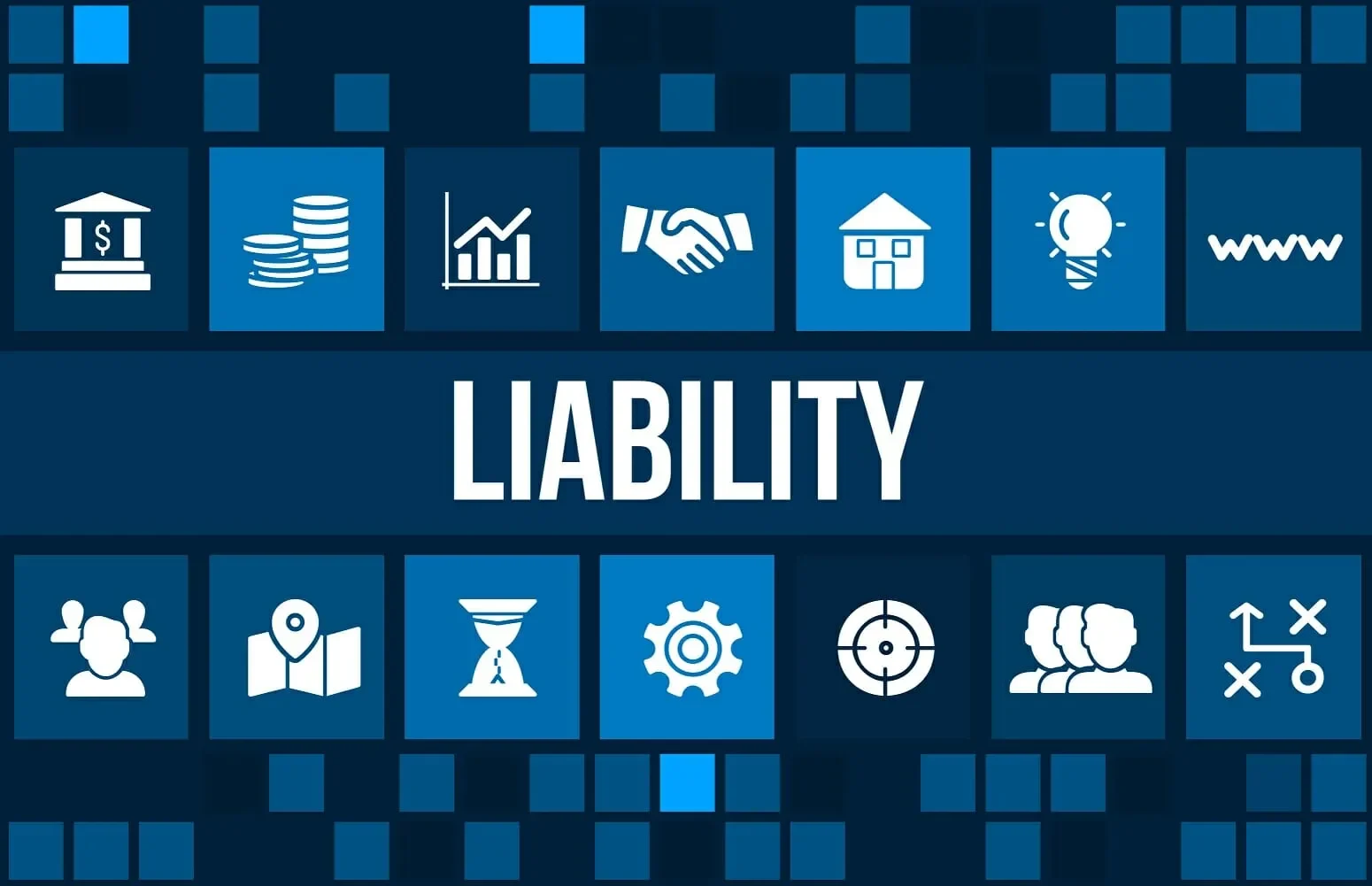Understanding the difference between personal and business liability insurance is crucial for ensuring the right coverage.
What is liability insurance?
Liability insurance is an essential component of risk management, protecting individuals and businesses from legal claims resulting from accidents, injuries, or negligence. It covers the costs of legal defense, medical bills, and settlements or judgments that may arise if you are found legally responsible for causing harm to others or their property. Personal liability insurance typically protects individuals in their day-to-day life, while business liability insurance covers companies in their commercial activities. Although both policies serve to safeguard against financial loss, the extent of coverage, as well as the specific circumstances under which they apply, can vary significantly. It is important to understand these differences so that you can select the right policy for your needs.
Personal liability: Your protection at home and beyond
Personal liability insurance is designed to protect individuals and their families in the event of an accident or injury for which they are legally responsible. This type of coverage is typically included in homeowners or renters insurance policies and offers protection in situations such as if someone is injured on your property or if you accidentally damage someone else’s property. For example, if a guest slips and falls in your home and decides to sue for medical expenses, personal liability insurance can help cover the legal costs and settlement fees. Personal liability also extends to situations outside the home, such as accidental injury caused by you while away from your property. It is a crucial safeguard for anyone who wants to avoid financial ruin due to unforeseen accidents.
Business liability: The lifeblood of protecting your company
Business liability insurance, on the other hand, is geared toward protecting business owners and their companies. It covers the legal costs, settlements, and judgments if a business is held liable for an injury, property damage, or negligence in a professional setting. This coverage is particularly important for companies that interact with the public or offer services to clients. For example, if a customer slips and falls in your store, or if your product causes harm to a consumer, business liability insurance would cover the cost of legal defense and any damages awarded in a lawsuit. There are different types of business liability insurance, including general liability, professional liability, and product liability, each of which addresses specific risks faced by different types of businesses.
Key differences between personal and business liability
While both personal and business liability insurance offer similar types of protection, they cater to very different needs. The primary distinction is that personal liability insurance protects you in your private life, whereas business liability insurance protects your company’s interests. For example, personal liability insurance might cover a slip-and-fall accident at your home, but it would not cover a lawsuit arising from your business operations, such as a claim against your company for faulty products. Additionally, business liability insurance often includes coverage for things like professional errors, customer injury during business operations, and employee-related claims, which are not typically covered under a personal liability policy. Understanding these differences ensures that you have the appropriate protection in place, whether you are at home or running a business.
Do you need both personal and business liability insurance?
Whether you need both personal and business liability insurance depends on your situation. If you are a business owner, it is highly recommended to have both types of coverage. Personal liability insurance is vital for protecting your personal assets, while business liability insurance is crucial for safeguarding your company. Even if you are a sole proprietor or freelancer, business liability insurance is necessary, as personal insurance will not cover professional risks. For those who are not business owners, personal liability coverage within a homeowner’s or renter’s policy is usually sufficient. However, if you own rental properties or have other business ventures, additional coverage may be necessary to fully protect your financial interests. By evaluating your personal and professional risks, you can determine the appropriate insurance policies to secure your financial future.
